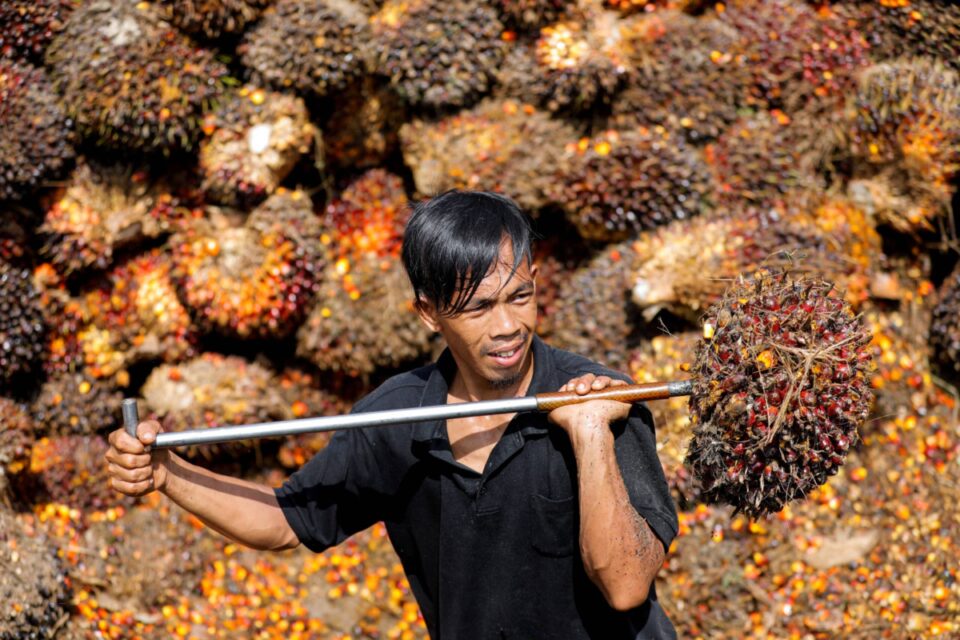KUALA LUMPUR, Nov 6 — Fifteen associations affiliated with the palm oil supply chain are jointly appealing to the government for an immediate review of the windfall profit levy (WPL) on palm oil in Malaysia.
In a statement today, the associations said they implored the government to consider reviewing the WPL on palm oil, raise the WPL effective price threshold for palm oil and revert the WPL levy rate for Sabah and Sarawak planters.
“If WPL is to be continued and to be aligned with the correct definition of windfall profits, the associations request for an equitable increase in the WPL’s price threshold from the present thresholds of RM3,000 per tonne in Peninsular Malaysia and RM3,500 per tonne in Sabah and Sarawak in line with the true sense of today’s production cost and correct profitability.
“We appeal that the WPL levy rates should immediately be reverted from three per cent back to 1.5 per cent with the above sales and service tax consideration for the oil palm planters in Sabah and Sarawak,”
They said the WPL, exclusively on all the oil palm planters and no other business sectors in Malaysia, would cause undesirable ripple effects going forward throughout the oil palm supply chain and impact the overall sectorial long-term competitiveness and sustainability.
The associations said over the past five years, the oil palm planters have been levied a substantial RM5.2 billion to the government’s coffers with last year alone yielding over RM3 billion through the WPL.
“Commodity palm oil finds itself in a distinctive position in the marketplace. It’s a price taker rather than a price maker.
“Although the current year holds promise with relatively favourable crude palm oil prices, the palm oil industry remains under the heavy weight of labour shortages leading to palpable losses in the fields and the continued national low yields that have led to today’s uppermost cost of production,” they said.
They added that it is discouraging to realise that there is abundant revenue to be made from the crop on the oil palm trees but significant unharvested crop goes to waste and ends up rotting away without realising its commercial value.
Among the 15 associations are the Malaysian Palm Oil Association, Malaysian Estate Owners’ Association, National Association of Smallholders, Sarawak Oil Palm Plantation Owners Association, Sarawak Dayak Oil Palm Planters Association, East Malaysian Planters Association and Sabah Oil Palm Millers Association.
Other associations are the Sabah Employers Consultative Association, Palm Oil Millers Association, Palm Oil Refiners Association of Malaysia, Malaysian Oleochemical Manufacturers, Malayan Edible Oil Manufacturers’ Association, Malaysian Biodiesel Association, Malayan Agricultural Producers Association and Incorporated Society of Planters.
— Bernama





